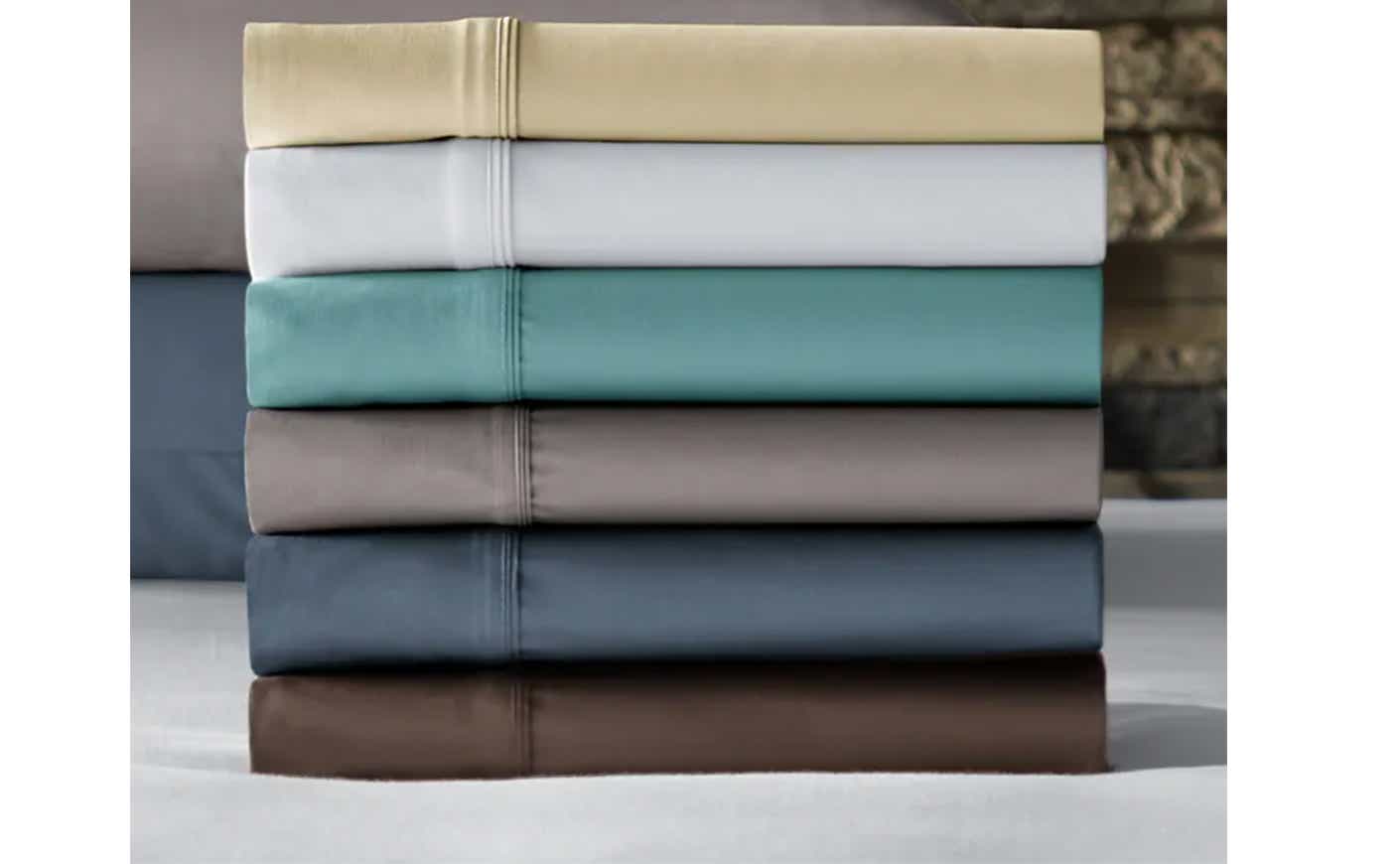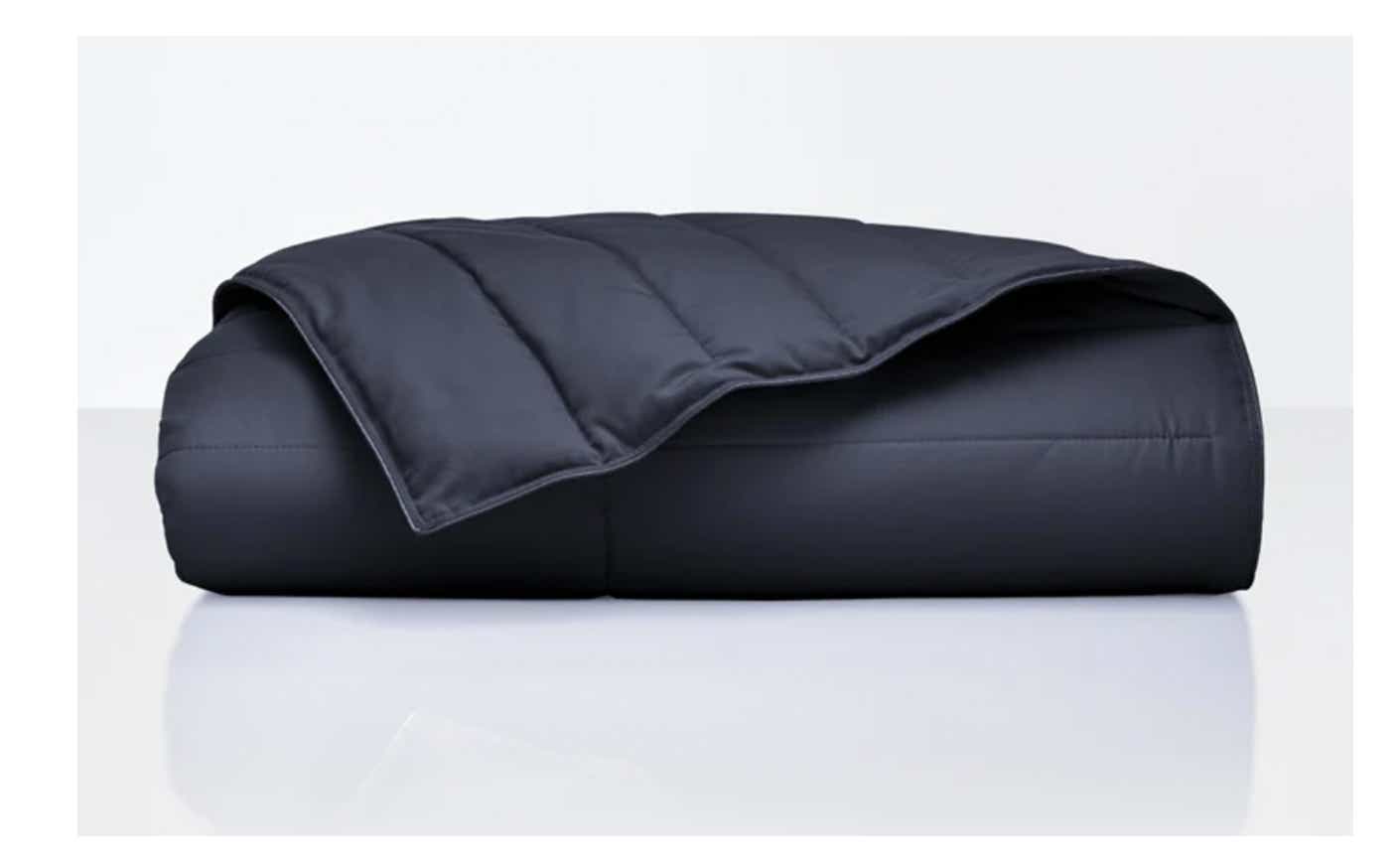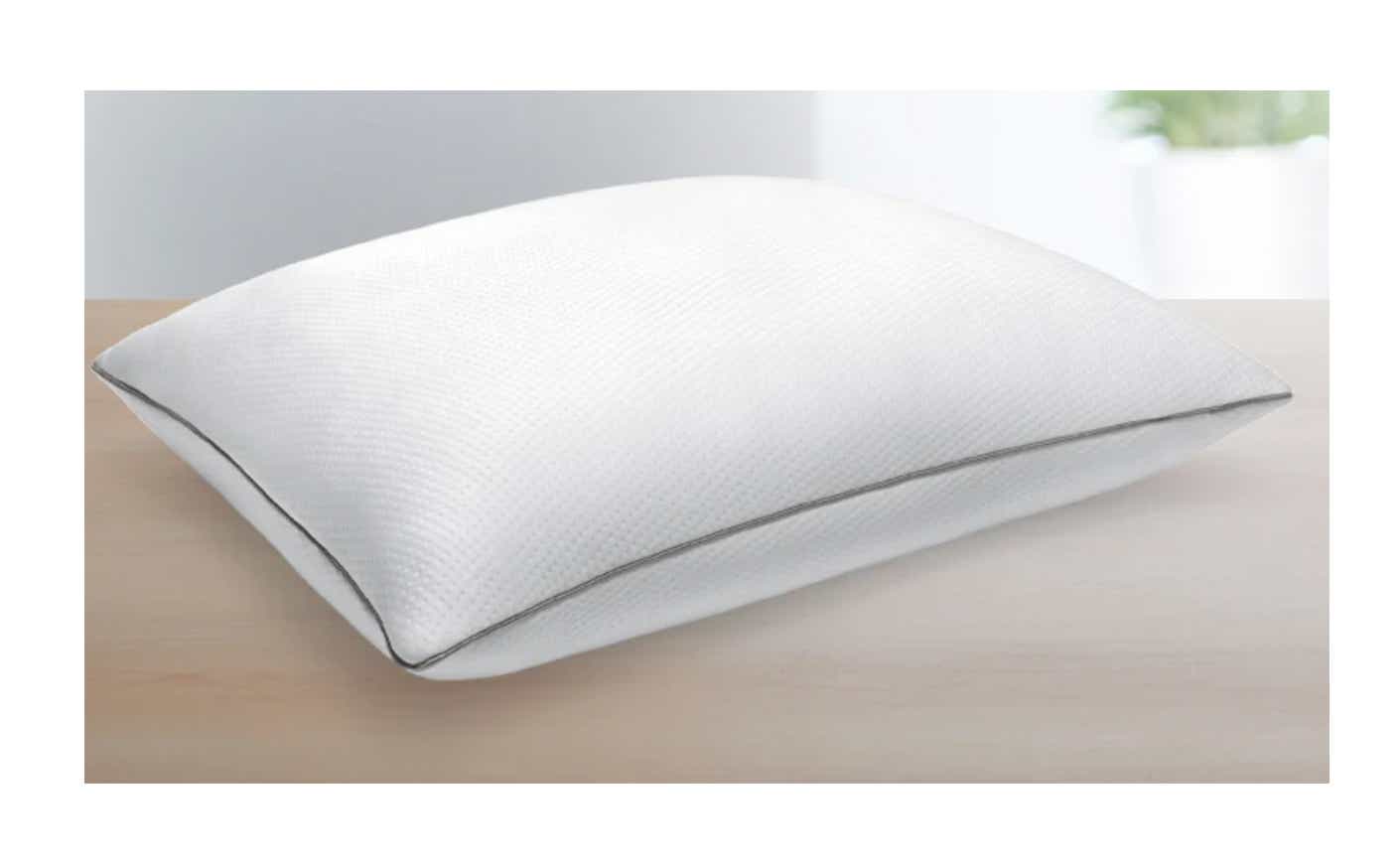Ever wake up in the middle of the night, drenched in sweat? As we enter the spring and summer months, it’s more important now than ever to keep your bedroom at the right temperature — so you can get better quality sleep.
In our final installment of our Spring Into Action series with our friends at Sleep Number, we asked sleep coach Alanna McGinn, founder of the Good Night Sleep Site, to explain what temperatures your body thrives in at night — and why.
KCM: Starting off, what is the ideal temperature to sleep at and why?
We all sleep better in a cooler environment, at about 65 to 67 degrees Fahrenheit. Having your room at a cooler temperature helps signal the release of melatonin, which tells your brain that it’s time to go to bed. The data backs this up. SleepIQ® sleepers who say they “sleep cold,” tend to get the most restful sleep*, according to Sleep Number.
Your circadian rhythm drives your sleep, along with your body’s temperature. So naturally, each of our body temperatures starts to drop around 2 p.m. Once we get closer to bedtime, our brains release melatonin. Then, around 5 a.m., your temperature starts to raise again, suppressing melatonin and preparing your body to wake up.
It’s important that we’re not overheating when we’re sleeping. If your body is busy regulating its temperature and trying to cool down, or even to warm up, you won’t be able to get quality sleep because it’s busy trying to regulate your temperature.
Why do some people “run hot,” and others “run cold”?
Naturally, you just have your own internal thermoregulation, and people are different. When it comes to how couples sleep, for example, one of the largest factors is sleep temperature, with 83 percent of couples reporting one or both partners sleep too hot or cold.** Whether you run hot or cold, you want to focus on making the right bedding and pajama choices.
But your bedtime habits can also influence how and when your body cools down. If you’re an early riser, and like to go to bed early, your body temperature probably starts to cool down much earlier in the day. If you’re more of a night owl, your body temperature likely cools down later.
What type of clothing and bedding do you recommend to maintain the ideal temperature for sleeping?
A lot of people think if you are a naturally hot sleeper, you should sleep naked or in your underwear, to stay cooler when you sleep. But if you’re a hot sleeper, you’re a hot sleeper. You’re likely going to sweat no matter what. My advice is to always choose more wicking, breathable fabrics. Try organic cotton, or even activewear materials. The same goes for the bedding you choose.
If you tend to get cold at night, find a warm blanket. Our bodies naturally cool down, but we don’t want them to get too cold.
Bedding Picks:
Among new customers who purchased a temperature balancing solution product from Sleep Number, 8 out of 10 report they and their sleep partner are now sleeping better. Check out some suggestions below:
What goes hand in hand with temperature in getting quality sleep?
Beyond temperature, I always recommend clients create a cavelike environment in their rooms. Think, dark, quiet, cool. Especially during this season, when we have brighter mornings and later evenings, it’s important to make sure your bedroom is dark enough to get quality sleep.
You also want to quiet things down. It’s important to drown out external sounds, especially if you live in a busy area. Enjoy complete silence? Try a set of earplugs. You can also try a white noise or a sound machine.
During the spring and summer months, it can be a bit harder to unwind at the end of the day. What do you recommend for getting to sleep during these seasons?
The big thing is to just focus on routine. Doing a consistent routine each night sends a cue to the body that it’s time to go to bed. A lot of us are working from home right now, and some of us are going to sleep in the same thing we woke up in.
So something as simple as getting changed into a new set of pajamas, or having a warm cup of tea, can be helpful. Customize your routine to whatever works for you. Dim the lights, listen to soothing music, read a book. As simple as they might sound, these routines really help prepare the body for sleep, because it’s hard to go from a hundred to zero.
Routines especially tend to get thrown out of the window in the summer months. So if you’re struggling with sleep, now’s a good time to really incorporate one.
(*Based on SleepIQ® data from 1/2/20 to 1/1/21 and self-reported responses of sleepers using SleepIQ® technology from 5/12/19 – 1/1/21.)
(**Results from a 2020 Sleep Number survey of 1,004 respondents who reported they or their partner sometimes sleep too hot or too cold.)












